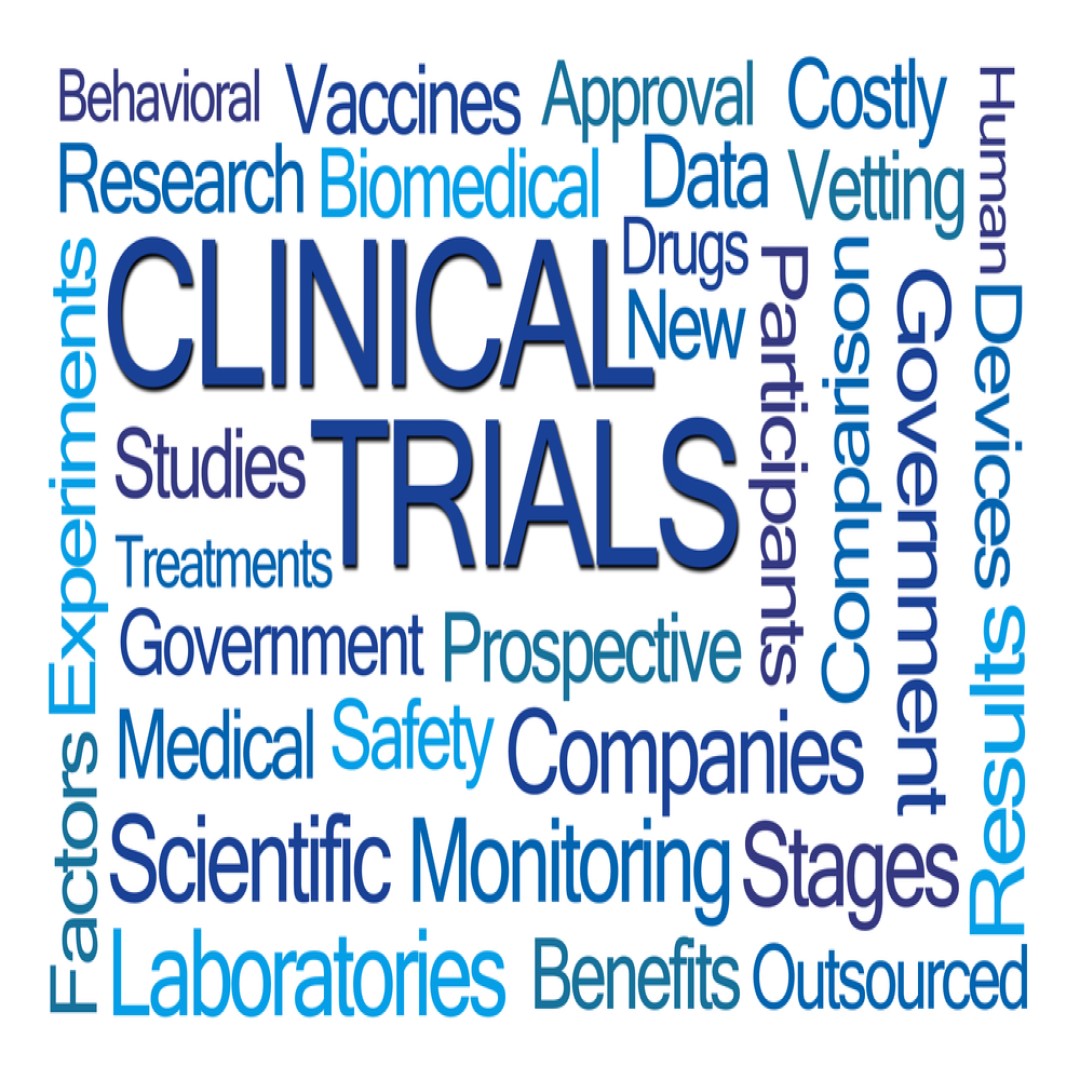
Blood test for Alzheimer’s highly accurate in large, international study
On Feb. 22, 2022, Washington University in St. Louis announced that a blood test developed at the University’s School of Medicine had proven highly accurate in detecting early signs of Alzheimer’s disease in a study involving nearly 500 patients from across three continents, providing further evidence that the test should be considered for routine screening and diagnosis. The study was published in the journal Neurology.
Researchers have long pursued a low-cost, easily accessible blood test for Alzheimer’s as an alternative to the expensive brain scans and invasive spinal taps now used to assess the presence and progression of the disease within the brain.
Evaluating the disease using PET brain scans – still the gold standard – requires a radioactive brain scan, at an average cost of $5,000 to $8,000 per scan. Another common test, which analyzes levels of amyloid-beta and tau protein in cerebrospinal fluid, costs about $1,000 but requires a spinal tap process that some patients may be unwilling to endure.
This study estimates that prescreening with a $500 blood test could reduce by half both the cost and the time it takes to enroll patients in clinical trials that use PET scans. Screening with blood tests alone could be completed in less than six months and cut costs by tenfold or more, the study finds.
A commercial test based on Bateman’s research was certified in 2020 under the Clinical Laboratory Improvement Amendments (CLIA) program. The current study shows that the blood test remains highly accurate, even when performed in different labs following different protocols, and in different cohorts across three continents.
Tags:
Source: Washington University School of Medicine
Credit:
